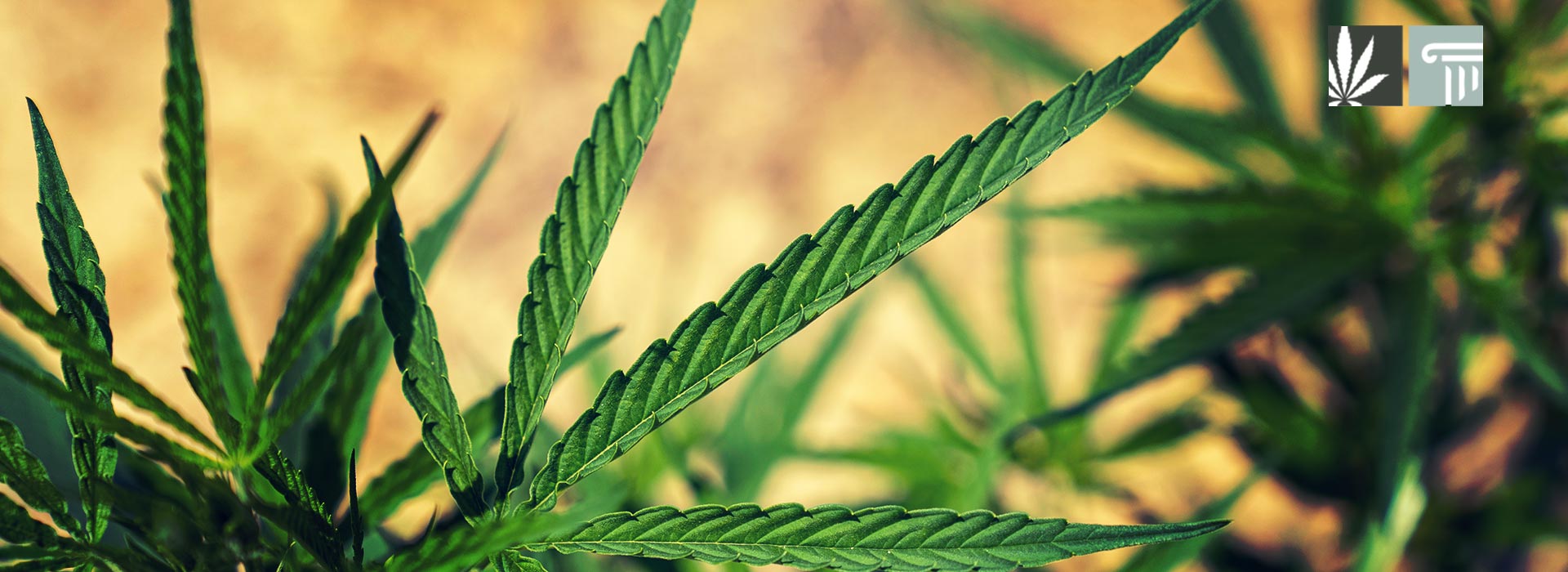A Delaware lawmaker reintroduced a marijuana legalization bill he first filed last year.
The legislation, sponsored by Rep. Ed Osienski (D), passed a House committee but never made it to the floor for a scheduled vote due to disputes over the measure’s social equity provisions. Osienski has since sought feedback and input from various stakeholders over the proposal.
The newly-revised bill – HB 305 – would legalize possession and purchases of up to one ounce of recreational cannabis for adults 21 and older, but home cultivation of the plant for personal use would remain prohibited.
Delaware’s Division of Alcohol and Tobacco Enforcement would appoint a marijuana commissioner to oversee the legal cannabis industry. It would be responsible for issuing marijuana business licenses and establishing the rules governing the cannabis market.
The marijuana commissioner would be required to issue 30 cannabis retailer licenses within 19 months of the bill’s enactment into law, and at least half of these would go to those who have been most harmed by the enforcement of Delaware cannabis laws.
Municipalities would have the authority to continue prohibiting marijuana businesses from operating in its jurisdiction, as well as being able to set limits on the number of cannabis businesses and where exactly they can and cannot be based.
Adult-use marijuana sales would have an excise tax of 15 percent, and 7 percent of this would go towards a newly-created Justice Reinvestment Fund. Delaware’s legislature would decide how to allocate the remaining revenues once the initial costs of establishing a legal cannabis market in the state have been covered.
The Justice Reinvestment Fund would work to provide grants and services to facilitate expungements of cannabis convictions, help people reintegrate back into society following a jail term and, more broadly, to support marginalized communities most affected by the state and federal government’s war on drugs.
“We’re excited about the prospects for legalization in Delaware this year,” said Olivia Naugle, a legislative analyst with Marijuana Policy Project. “Delawareans have long supported ending prohibition, but it is up to the legislature to bring equitable legalization to Delaware. HB 305 is the vehicle to get it done this year.”
Last year’s version of Osienski’s bill initially included a provision to establish a social equity fund, along the lines of the Justice Reinvestment Fund, but he later amended this proposal upon learning its inclusion necessitated a 75 percent supermajority vote in both chambers to pass.
Osienski’s amendment to his bill didn’t sit well with some members of the Black Caucus, however, so he has since worked with the group to address concerns and draft passable legislation. Two Black Caucus members, Reps. Nnamdi Chukwuocha (D) and Rae Moore (D) have now signed on as cosponsors having withdrawn their support last year.
Rep: Ed Osienski: "I'm looking forward to advancing this bill and making Delaware the next state to legalize adult recreational marijuana.”
Read more about HB 305 here: https://t.co/UmKCrEcd94
— DE House Democratic Caucus (@DEHouseDems) January 13, 2022
“We heard the input from members and advocates and spent the legislative break working on compromises wherever possible, striving to build the best possible law,” Osienski said in a press release. “It’s critical to note that support for adult recreational marijuana has been growing for years in Delaware and across the country. Other states have successfully enacted policies for safe and legal cannabis, and I believe we are more than capable of doing the same in the First State.”
The revised measure still needs a supermajority to pass, but only 60 percent of the vote is required.
The bill, which has now been referred to the House Health and Human Development Committee, would then need the approval of Gov. John Carney (D). While he is opposed to the reform, he has also signed cannabis expungement legislation into law in recent years, as well as another measure to reduce penalties for youth marijuana possession offenses.






